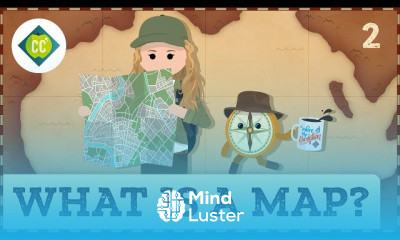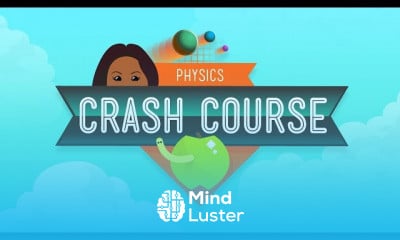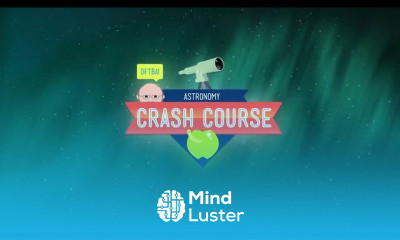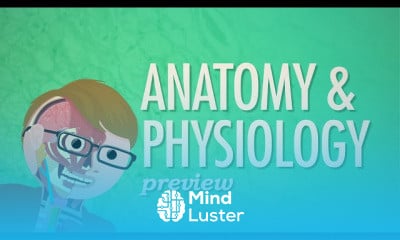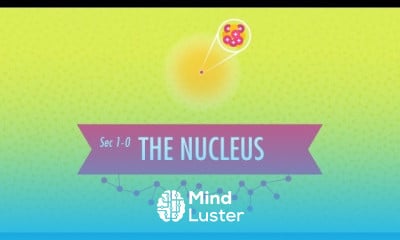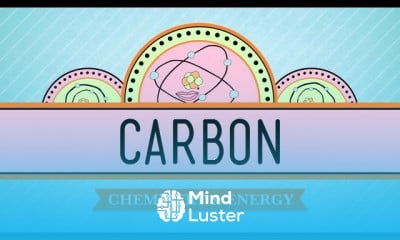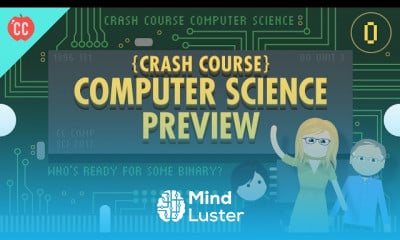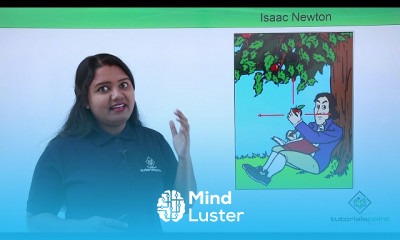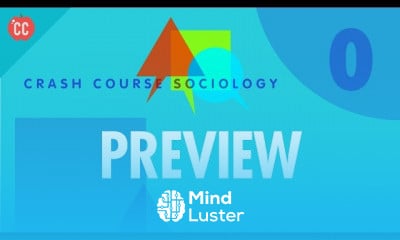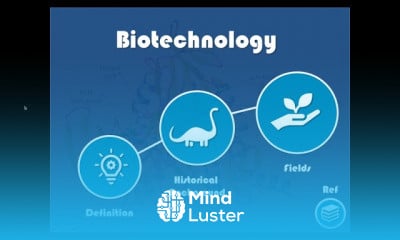Astrophysics and Cosmology Crash Course Physics 46
Share your inquiries now with community members
Click Here
Sign up Now
Lessons List | 47
Lesson
Show More
Lessons
Comments
Related Courses in Science
Course Description
Mechanics. Motion and its causes; interactions between objects.
Thermodynamics. Heat and temperature.
Vibrations and Waves Phenomena. Specific types of repetitive motions- springs, pendulums, sound.
Optics. Light (including mirrors), lenses, colors.
Electromagnetism. ...
Relativity. ... 1 Classical mechanics.
2 Thermodynamics and statistical mechanics.
3 Electromagnetism and photonics.
4 Relativistic mechanics.
5 Quantum mechanics, atomic physics, and molecular physics.
6 Optics.
7 Condensed matter physics.
8 High-energy particle physics and nuclear physics. What is basic of physics?
Physics is a natural science that involves the study of matter and its motion through space and time, along with related concepts such as energy and force. Matter is generally considered to be anything that has mass and volume. ... These laws of nature are rules that all natural processes appear to follow. What are the 4 basic laws of physics?
The 4 most fundamental physics concepts
Classical mechanics (the laws of motion) If you've studied any sort of science, you've probably heard the story of Isaac Newton sitting under an apple tree and formulating the basic laws of motion. ...
Electromagnetism. ...
Relativity. ...
Thermodynamics. What are the 2 types of physics?
There are Two Main Branches of Physics, Classical Physics and Modern Physics Who named physics?
He wrote the first work which refers to that line of study as "Physics" – in the 4th century BCE, Aristotle founded the system known as Aristotelian physics. He attempted to explain ideas such as motion (and gravity) with the theory of four elements. What is the hardest branch of physics?
Top Ten Hardest Physics Topics
Quantum Mechanics. I love physics but to say some of it's laws are just too much hard. ...
Electromagnetism. ...
Projectile Motion. ...
String Theory. ...
Electronics. ...
General Relativity. ...
Relative Velocity. ...
Radiation. Can I study physics on my own?
You should really work out problems on your own. If you just watch videos online or read book chapters, you might be convinced that you understand the physics but from my experience it's a wrong feeling. Doing problem sets is the best (and only) way to really master the subject.
Trends
Human Resources Management
UX UI design
Graphic Design | Photoshop
Create mobile games using chatGPT
Web Design for Beginners
AI tools basics for content creation
Accounting Finance course
RADAR fundamenetals
UX design career in 2025
Logo Design
Financial Accounting
Graphic Design Basics
Web Design Using HTML CSS
Cutting videos in after effects
Accounting
Advanced graphic design
Create calculator using chatgpt
UX design essentials
Skype account setup
Freelance graphic design business
Recent
AI tools basics for content creation
Creative AI tools
AI tools
AI workflow automation
AI Coding for beginners
Building a website with chatGPT
Build android apps with chatgpt
Making app using chatgpt
Create calculator using chatgpt
Build an android app using chatgpt
E Commerce app using chatgpt
Build flutter apps using chatgpt
Earn money with chatGPT
Create mobile games using chatGPT
AI coding tools for beginners
Ubuntu linux
Install dropbox on ubuntu
Skype account setup
Safari browser
Set zoom in firefox browser




